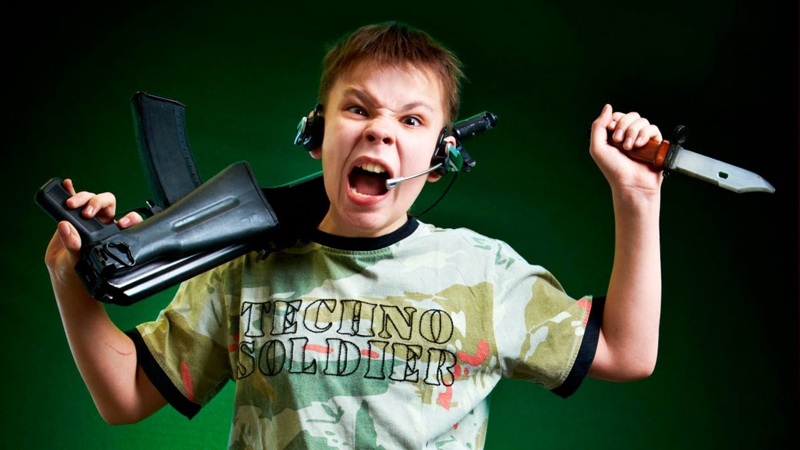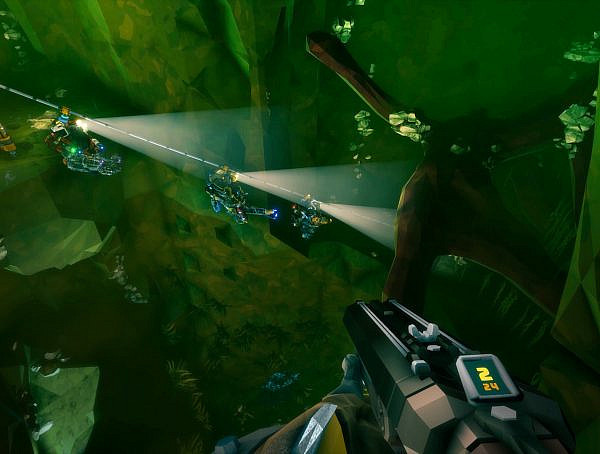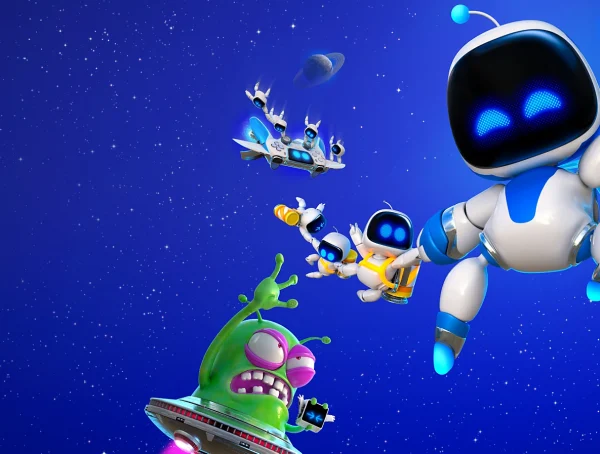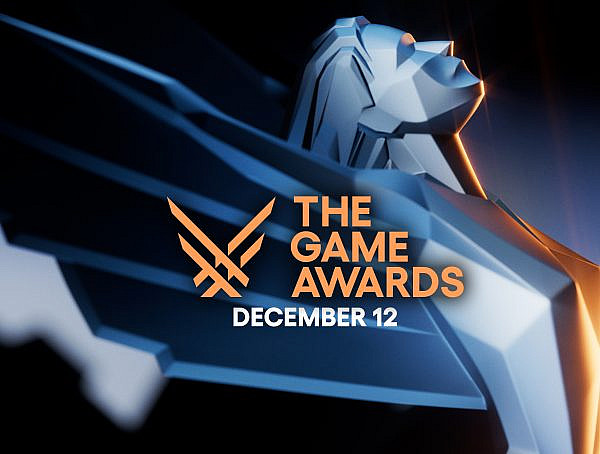Wargames offer a platform for teenage boys to perform masculinity
Video games, especially war games, offer digital arenas for people to construct their individual identities, as well as those of the groups they play with. Gareth Healey discusses the connection between war games and performances of masculinity in Call of Duty: Black Ops in his article titled Proving Grounds: Performing Masculine Identities in Call of Duty: Black Ops.
“Masculine hegemony” refers to hierarchy amongst men, in which masculine performances are rewarded and judged. War games and masculine hegemony both share the element of going beyond simply winning a competition, as identities are proved through competitive action. Apart from performing masculinity, war games also offer a chance to prove one’s expertise in the digital arenas.
Healey observed a group of teenage boys playing Call of Duty: Black Ops to study the actions and language used to attempt to gain or maintain status within the gaming group. The participants were between the ages of 13 and 15, and all of them were of rather average status academically, athletically and financially. Black Ops was most importantly chosen because all of the boys played the game frequently, and were given permission by their parents to play the game. The boys freely formed groups of between two and four players, and each group played four sessions with interviews before and after playing.
Mygaming.co.za.
The study showed that the boys used highly sexualized language, as the term “gay” was used rather interchangeably with “noob” and “camper” to describe unacceptable play styles or lack of skill. For example, making the game easier was “gay”, because surviving against harder odds demonstrated skill and masculinity. Othering language was used to state that the boys were included in the hyper-masculine “boys’ club”. Terms referring to homosexuality referred to everything that was seen as un-masculine. The boys also bragged about scoring kills and knowing a lot about weapons and tactics. By knowing exactly how much skill was required to succeed in something, they were even able to save face in failure simply by calling out the outcome beforehand.
When one player used “W40K” as a clan tag in reference to Warhammer 40K, he was scolded for it, because it was seen as a hobby which the “popular” people would look down on. However, the popular people were also seen as “full of themselves” and “big-headed”, and despite using hyper-masculine and homophobic language, the boys wanted to distance themselves from the so-called popular people that might show these hyper-masculine traits in real life. By placing themselves between the popular people and the W40K crowd, they created the proving grounds in which they could prove themselves on their own conditions.
The article describes the idea of the “digital imaginary”, the space in which images of masculinity are produced while playing. The spaces are both digital and physical, as the boys performed to the other people in the room as well as within the game. Within the digital imaginary, the boys negotiated both their own status and what is required to belong to the group. By choosing the proving grounds of Call of Duty, they were able to perform their own gender without relying on rules of adulthood or traditional signifiers of masculinity, such as size or sexual prowess.
Original article: Proving Grounds: Performing Masculine Identities in Call of Duty: Black Ops
Link: http://gamestudies.org/1602/articles/healey
Author: Gareth Healey
Published in: Game Studies, Vol 16 Iss 2, December 2016
Featured image: Retrolordi.com. http://www.retrolordi.com/wp-content/uploads/2016/05/black-ops.jpg
You might also like
More from Game Research Highlights
How do you want to do this? – A look into the therapeutic uses of role-playing games
Can playing RPGs contribute positively to your wellbeing? A recent study aims to find out how RPGs are being used …
Eldritch horrors and tentacles – Defining what “Lovecraftian” is in games
H.P. Lovecrafts legacy lives today in the shared world of Cthulhu Mythos and its iconic monsters. Prema Arasu defines the …
Are Souls Games the Contemporary Myths?
Dom Ford’s Approaching FromSoftware’s Souls Games as Myth reveals the Souls series as a modern mythology where gods fall, desires …
















